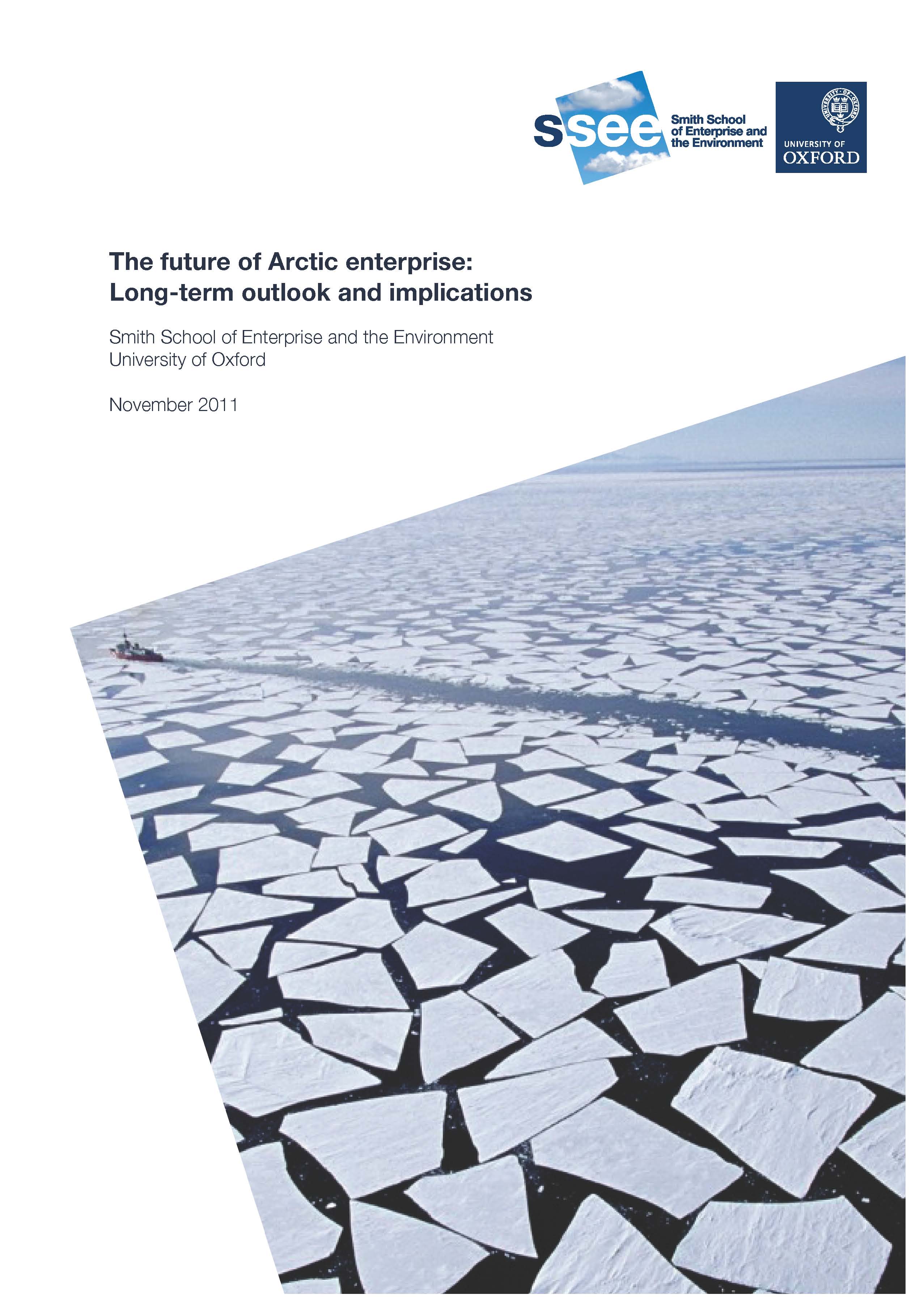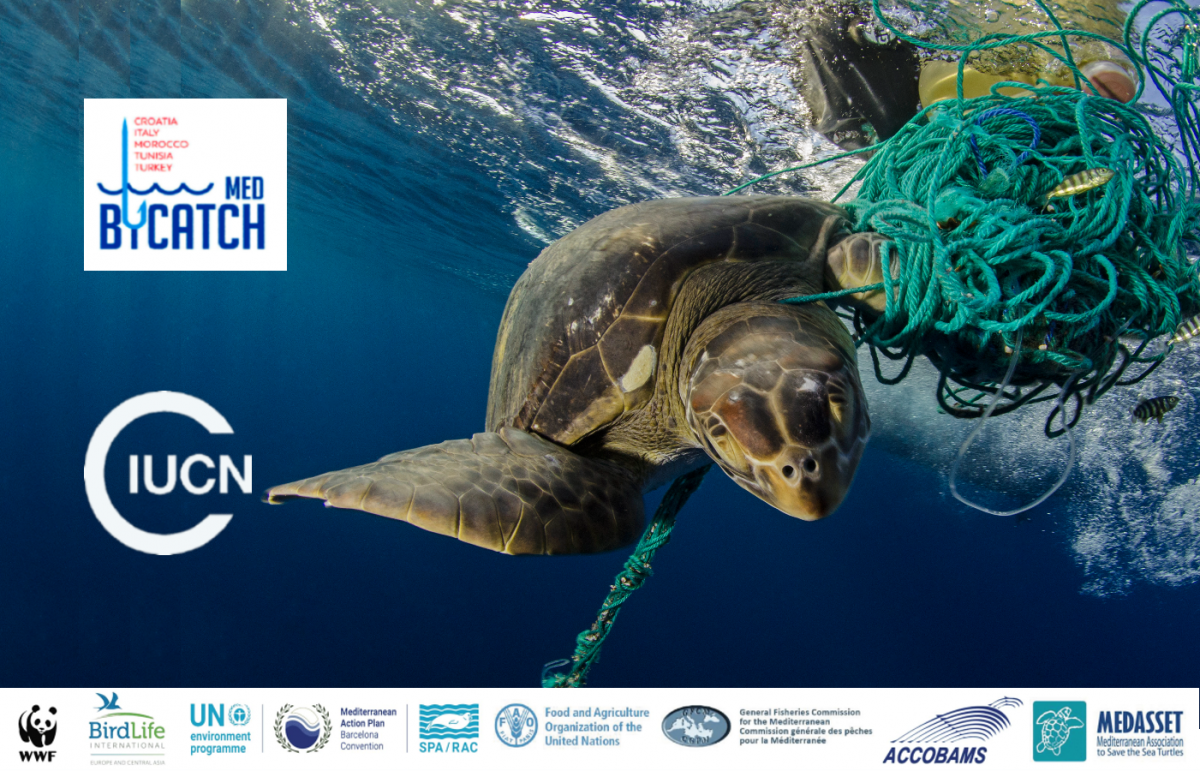The future of Arctic enterprise: Long-term outlook and implications
Over the next 20 years, shipping, oil and gas, mining, tourism and aquaculture will be the key sectors of economic activity in the Arctic marine environment. A new report ‘The future of Arctic enterprise: Long-term outlook and implications’ focuses on the outlook for the development of existing and new economic activity in the Arctic marine region.

Photo: @IUCN
The report was written by the Smith School of Enterprise and the Environment, University of Oxford, and produced as part of a joint research project with IUCN and the Royal Dutch Shell.
The factors shaping the future development of each economic sector are diverse and include political, economic, socio-cultural, technological, demographic, legal and regulatory, and ecological-environmental changes. Furthermore, there are synergies in the development of individual sectors, most notably in linkages between shipping and other sectors.
Despite the considerable uncertainties relating to existing and future economic development in the Arctic, concerns about the long term and sustainable development of the Arctic marine region are set to increase. This study draws attention to new ‘hotspots’ that could emerge from the synergies between different sectors and the interplay of economic activity with political and social developments in the context of climate change and cumulative environmental impacts. The developing of more shared and systemic understanding of changes, synergies and challenges is needed if peaceful and sustainable development is to be enabled. Given the limits of forecast-based planning and the need for more systemic insights and interventions, interorganisational scenario based initiatives are recommended.



